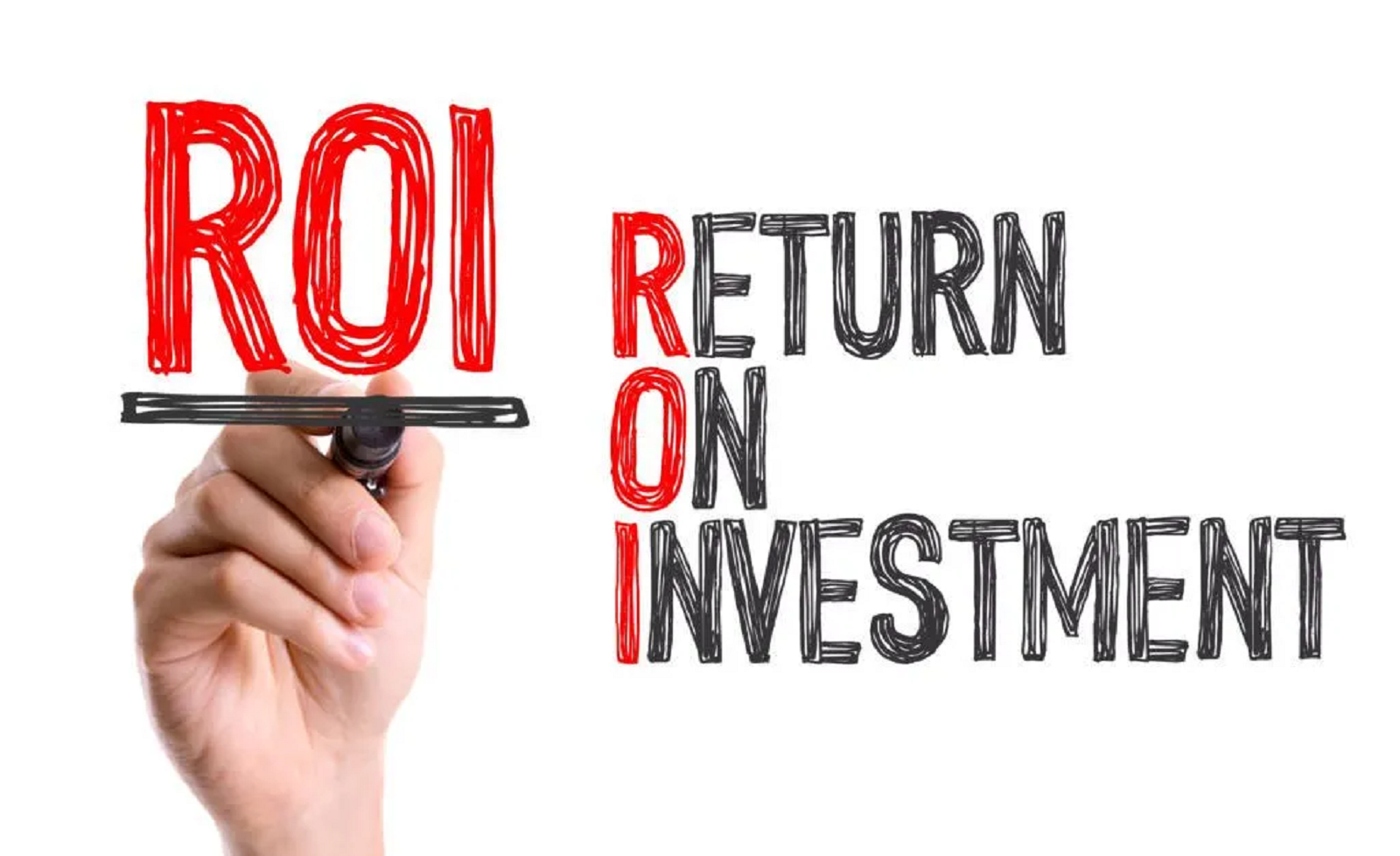Understanding Return of Investment in Real estate

Real estate investing provides a route to financial success, and knowing return on investment (ROI) is essential to making wise and calculated choices. We'll go into the specifics of real estate ROI, including how to calculate it and tactics for maximising your returns, in this blog.
What is Return on Investment in real estate
Return on Investment (ROI) is a key performance metric that measures the profitability of an investment. In real estate, ROI gauges the efficiency of an investment property by comparing the gain or loss relative to its cost.
Strategies to maximize ROI in real estate
Location analysis
Choose properties in locations with strong market demand, potential for growth, and amenities that attract tenants or buyers. A strategic location is a cornerstone of high ROI.
Property management
Efficient property management is essential for maintaining and enhancing property value. Regular maintenance, timely repairs, and responsive property management contribute to tenant satisfaction and long-term value appreciation.
Strategic renovations
Invest in targeted renovations that significantly increase property value. Focus on improvements that align with market trends and tenant preferences, ensuring a favorable return on your renovation investment.
Diversification
Diversifying your real estate portfolio can mitigate risks and enhance overall ROI. Consider a mix of residential and commercial properties or properties in different geographical areas to spread risk and capture diverse market opportunities.
Market timing
Keep a keen eye on market trends and cycles. Strategic buying or selling during market peaks and troughs can significantly impact ROI. Timing your investments in alignment with market movements is a powerful strategy.
Financial leverage
Utilize financial leverage responsibly. Financing a property through a mortgage allows you to amplify returns with borrowed capital. However, it's essential to carefully manage debt and interest rates to ensure positive cash flow.
Tenant retention
Long-term, reliable tenants contribute to a stable income stream and reduce vacancy costs. Implement strategies to enhance tenant satisfaction, such as fair rental pricing, responsive communication, and quick issue resolution.
Evaluate operating expenses
Regularly assess and optimize operating expenses. Look for cost-saving opportunities without compromising property value or tenant satisfaction. Efficient cost management directly impacts your net income and, consequently, your ROI.
Conclusion
A key indicator of the success of your real estate endeavours is return on investment (ROI), which is measured in percentage terms. Not only can you protect your investments with strategic measures, but you can also fully realise the wealth-building potential of real estate by comprehending the aspects that affect return on investment. A careful analysis of ROI is your road map to financial success in the ever-changing world of real estate investment, regardless of your level of experience.
